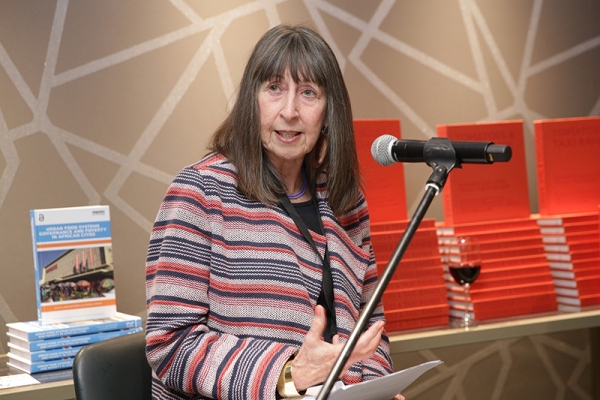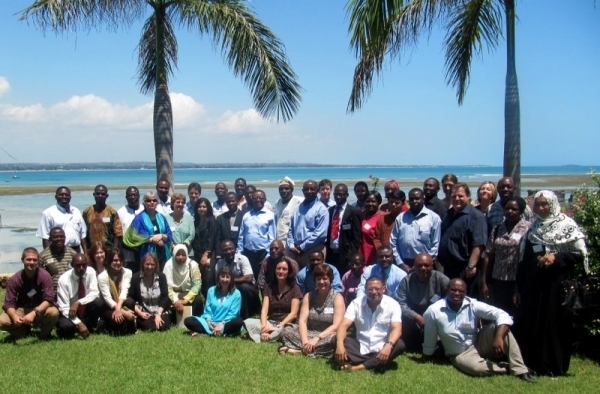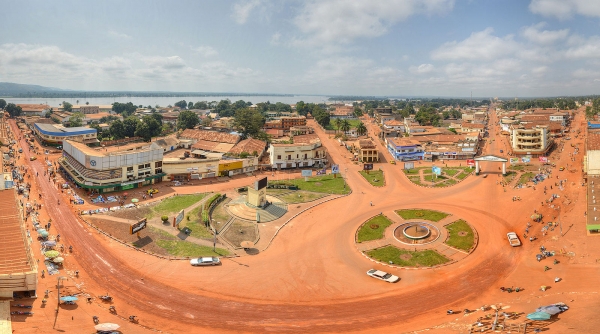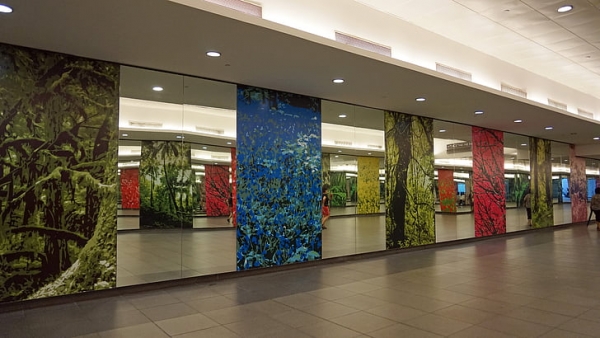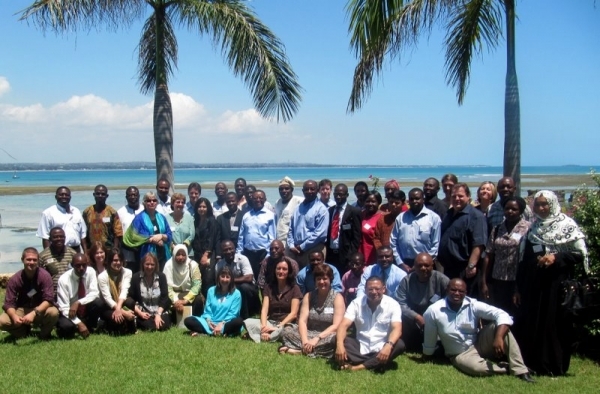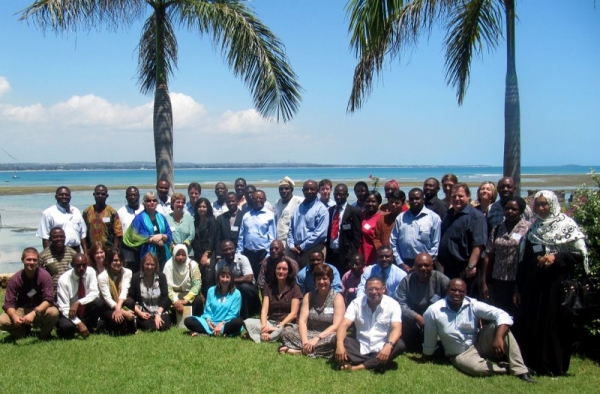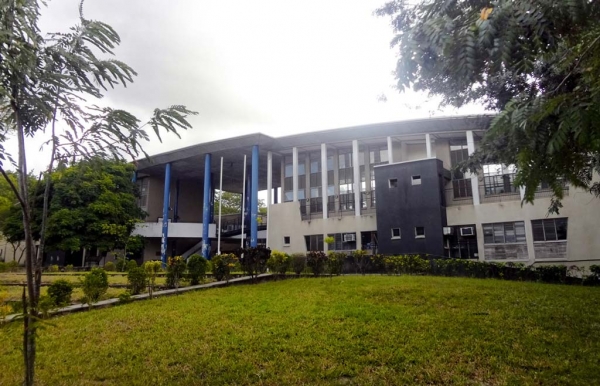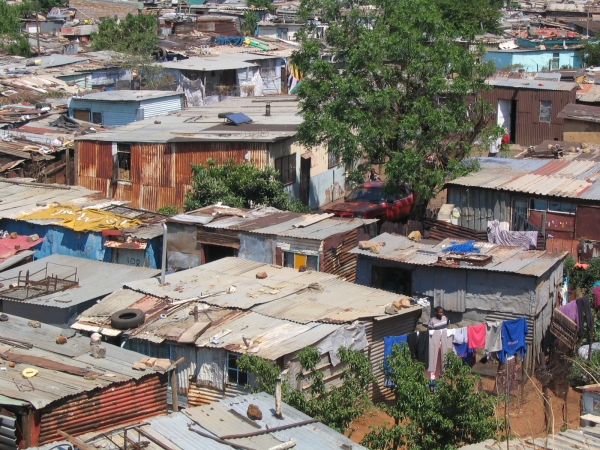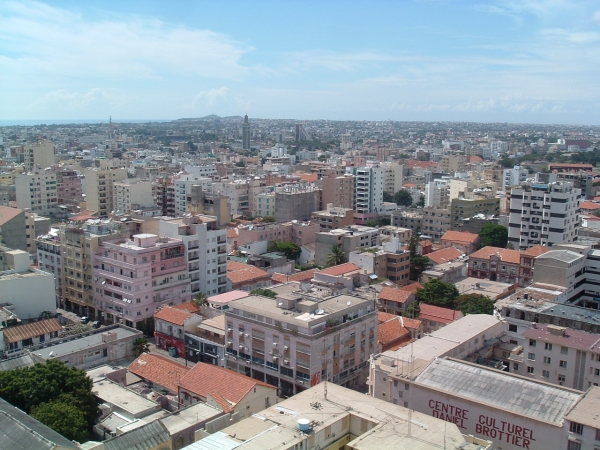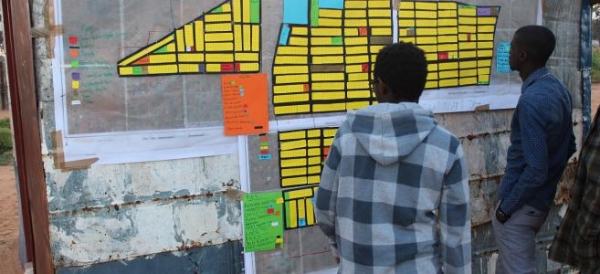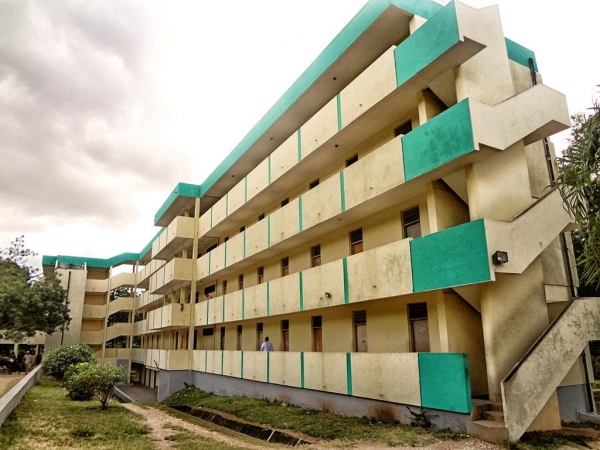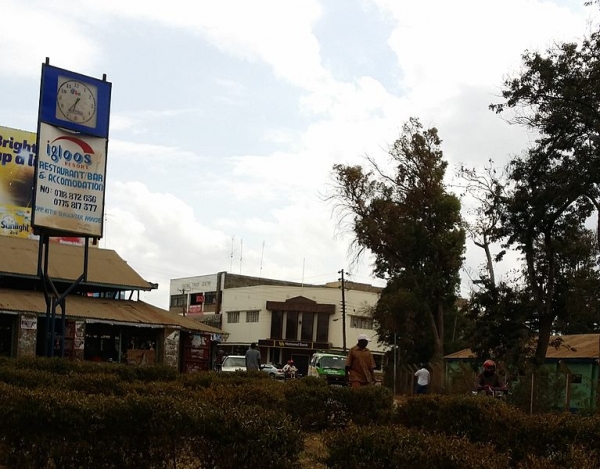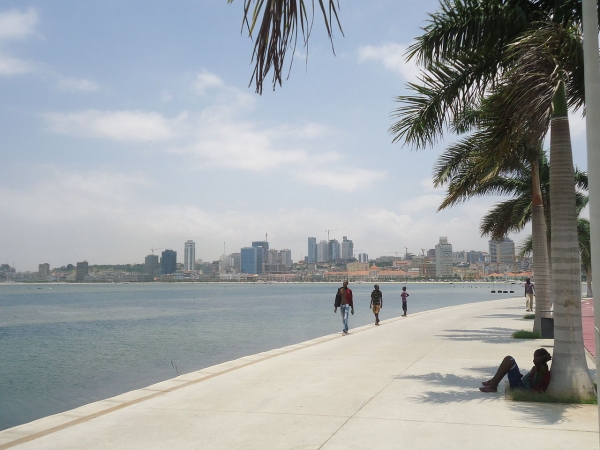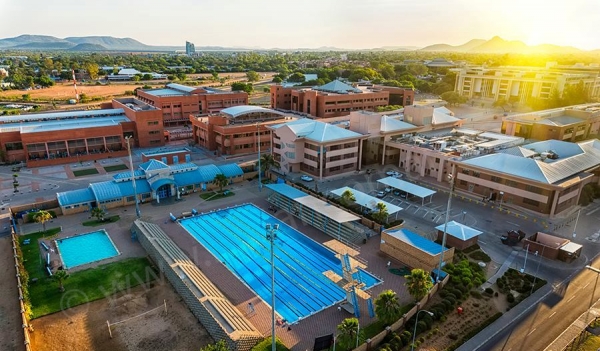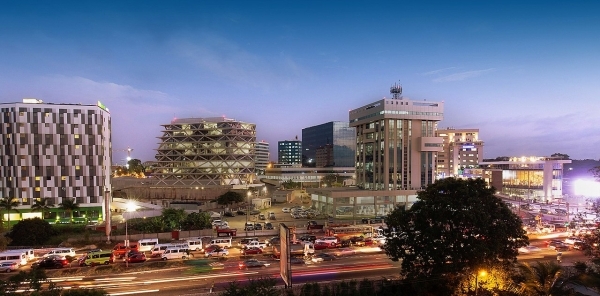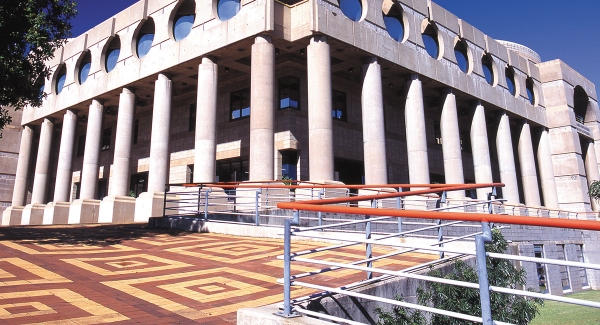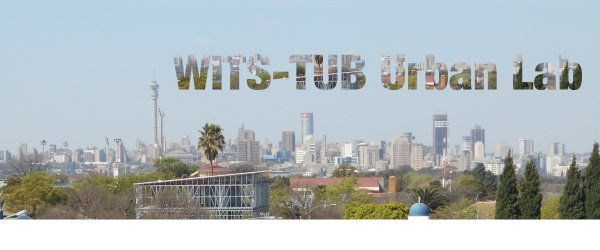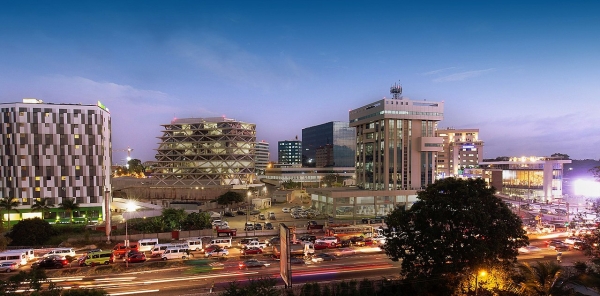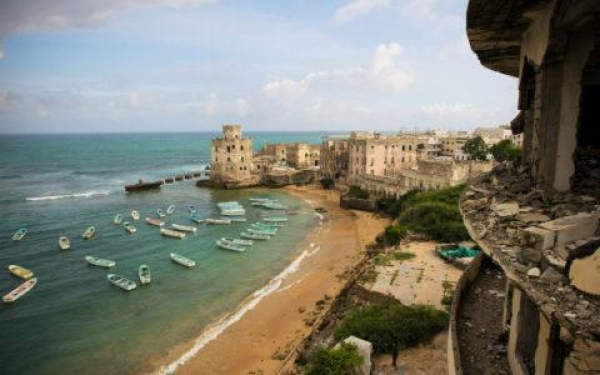Another joint AAPS-SDI studio is currently underway in Dar es Salaam, where students from Ardhi University are working with the Centre for Community Initiatives (CCI), local community members and federation leaders on two informal settlement upgrading projects. The targeted settlements are Maganga and Kombo.
Baraka Mwau, the SDI studio facilitator, recently visited Dar es Salaam to gauge progress on the studio and provide a second round of facilitator input to the studio process. His report and photographs follow:
The second facilitation period of the SDI-AAPS studio in Dar es Salaam took place between 5 and 12 May 2013. This week entailed intensive studio activities as part of the proposal development process (the final phase of the project). During the previous week, members of the community team worked with students on presentations intended to provide the community with feedback on the situational analysis process.
The 5th and 6th of May were scheduled for sharing the situational analysis results with the Maganga and Kombo-Vingunguti communities. Both sessions were held in the respective settlements, with community members actively participating by sharing their views on emerging local development issues and possible solutions. Being a rainy season in Dar es Salaam, drainage and sanitation issues dominated the discussions and proposals.
On 7 May, a full day workshop was scheduled for both the student and community teams at Ardhi University. This provided an opportunity for the teams to critically synthesise the issues emerging from the surveys, focus group discussions and community forums. The students gained first-hand experience in working closely with residents of informal settlements to evaluate prevailing settlement challenges and potential responses. The day’s proceedings showed that both the student and community teams had a common understanding of the issues at hand, which provided an impetus for active participation in the proposal development phase of the studio.
On Thursday 8 May, students were tasked with refining the situational analysis and reflecting on the initial proposals developed with the community teams, both spatially and in written reports. The students were also briefed on some techniques and approaches for community presentations. They shared their learning experiences, with the majority emphasising the dynamic nature of informal settlement upgrading, as well as their appreciation of the knowledge acquired from closely working with local residents. Similarly, the community teams and leaders taking part in the studio stressed the importance of the work. They pledged to share the studio outcomes with other settlement committees (Serikali za Mtaa), the municipality and potential development partners.
9 and 10 May were set aside for community presentations of the tentative upgrading proposals emerging from the studio. The sessions were also designed to secure input from community members on the way forward for improving their settlements. The discussions focused on infrastructure delivery options for water and sanitation, storm water management and street lighting. These sessions turned out to be highly interactive and informative to all the stakeholders present. In Maganga (which has a strong community team in comparison to Kombo), presentations were held jointly by students and community members. During the sessions, students were exposed to the socio-economic, spatial and socio-technical aspects of infrastructure delivery in informal settlements. Notably however, sentiments that echoed community participation fatigue at times heightened ‘tension’ during the forums. This was another fundamental lesson that the participants singled out.
Finally, studio facilitators from SDI, CCI and Ardhi University held a debriefing meeting, where the following was agreed as a way forward:
- The studio facilitators pledged to provide further guidance to the students, so as to produce quality work that meets the expectations and requirements of the communities.
- Another major forum in each settlement will be organised for teams to share the work with all key stakeholders.
- The university will consider having several students undertake their internship with CCI to take the studio work forward.
- A studio report to share with stakeholders will be prepared, with a version targeted at the communities, and preferably written in Swahili.
Photos of the studio are provided below (courtesy of Baraka Mwau):

